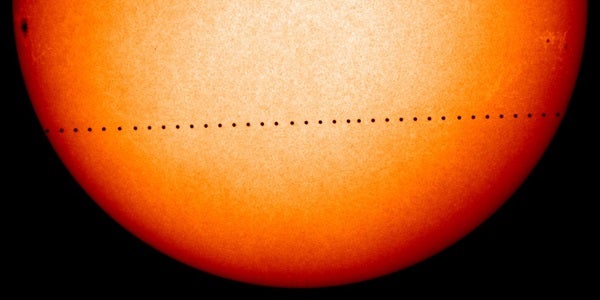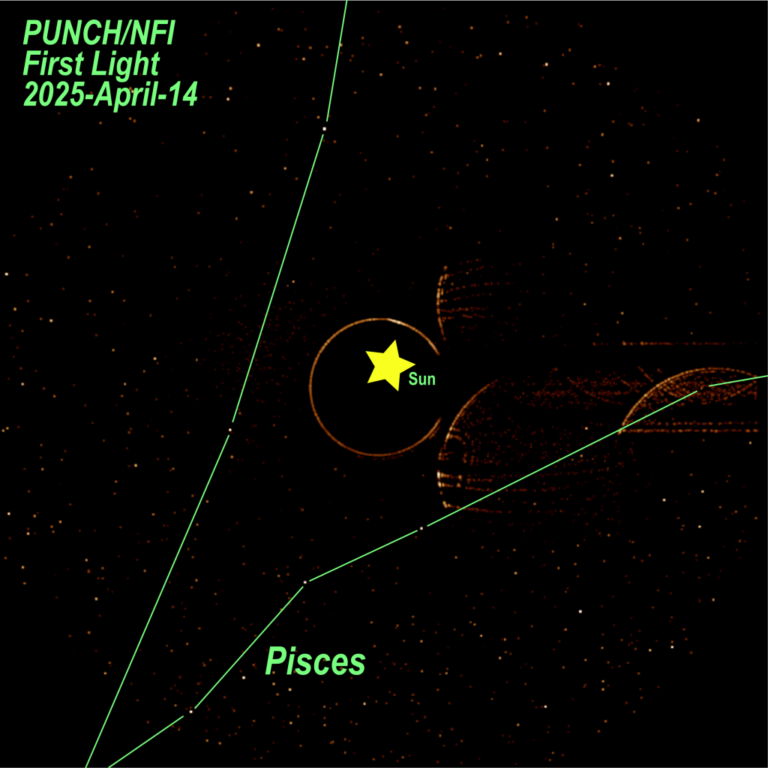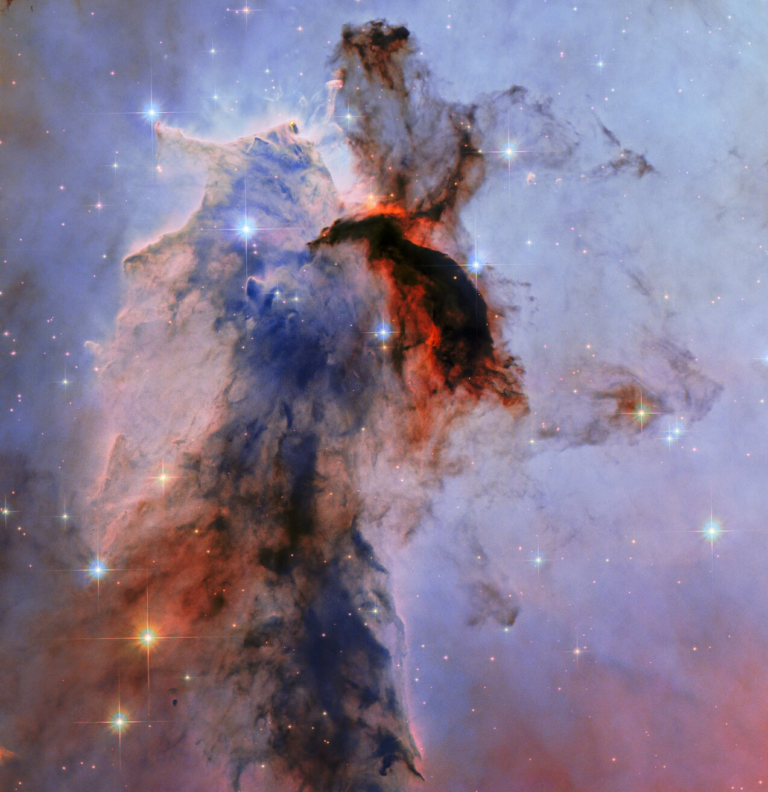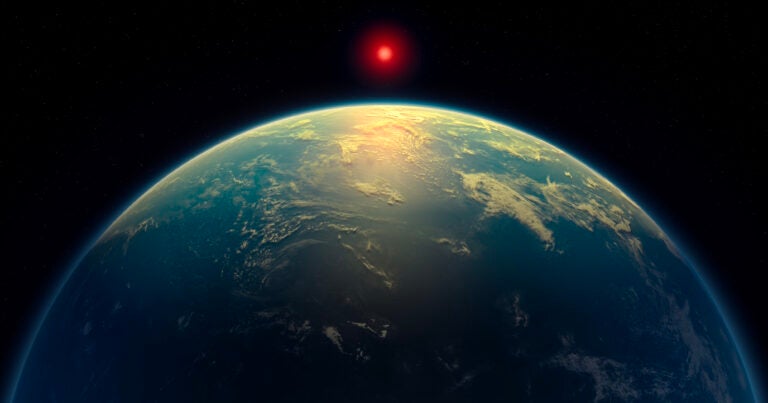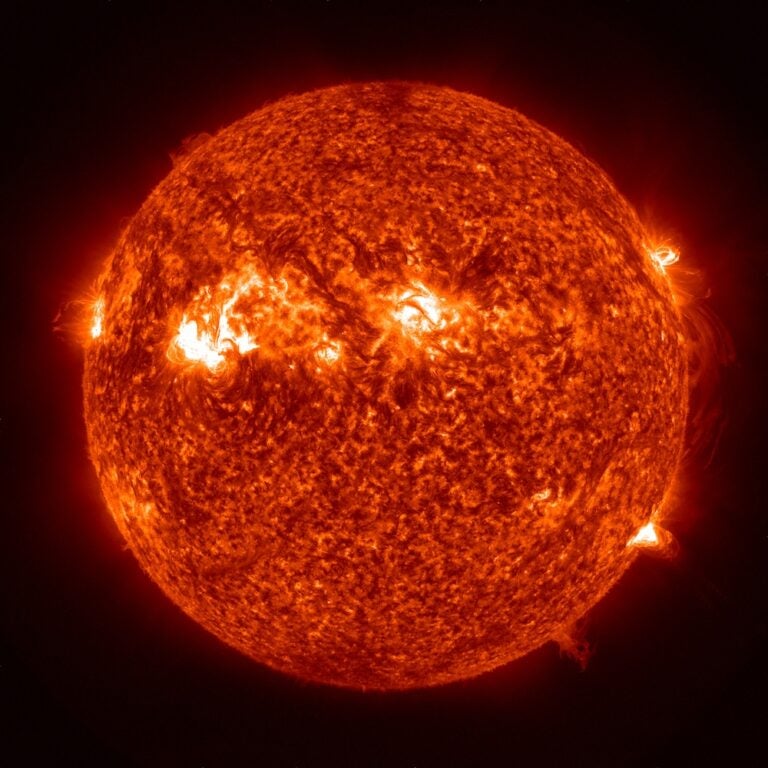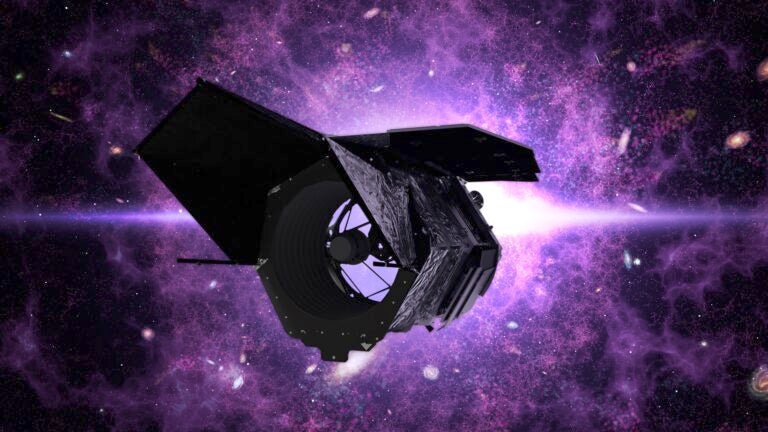Planetary transits of the Sun occur when a planet, from the observer’s point of view, crosses the face of the Sun. From Earth, the only planetary transits we can see are Mercury and Venus because their orbits lie closer to the Sun than the orbit of Earth. So, sometimes they cross the face of our star when they lie directly between Earth and the Sun. Thus, from Earth, Mars cannot transit the Sun because its orbit lies outside Earth’s.
However, the same isn’t true for an observer who is not on Earth. As you indicate, an observer on Mars could see three planets transit the Sun: Mercury, Venus, and Earth. The last transit of Earth from Mars occurred May 11, 1984, and the next will happen November 10, 2084.
From Jupiter, you could see Mars — along with Mercury, Venus, and Earth — transit the Sun, and so on as you move outward through the solar system. Planetary transits completely rely on the observer’s point of view, so future astronauts may one day see Earth, Mars, or other planets transit the Sun.
Alison Klesman
Associate Editor

